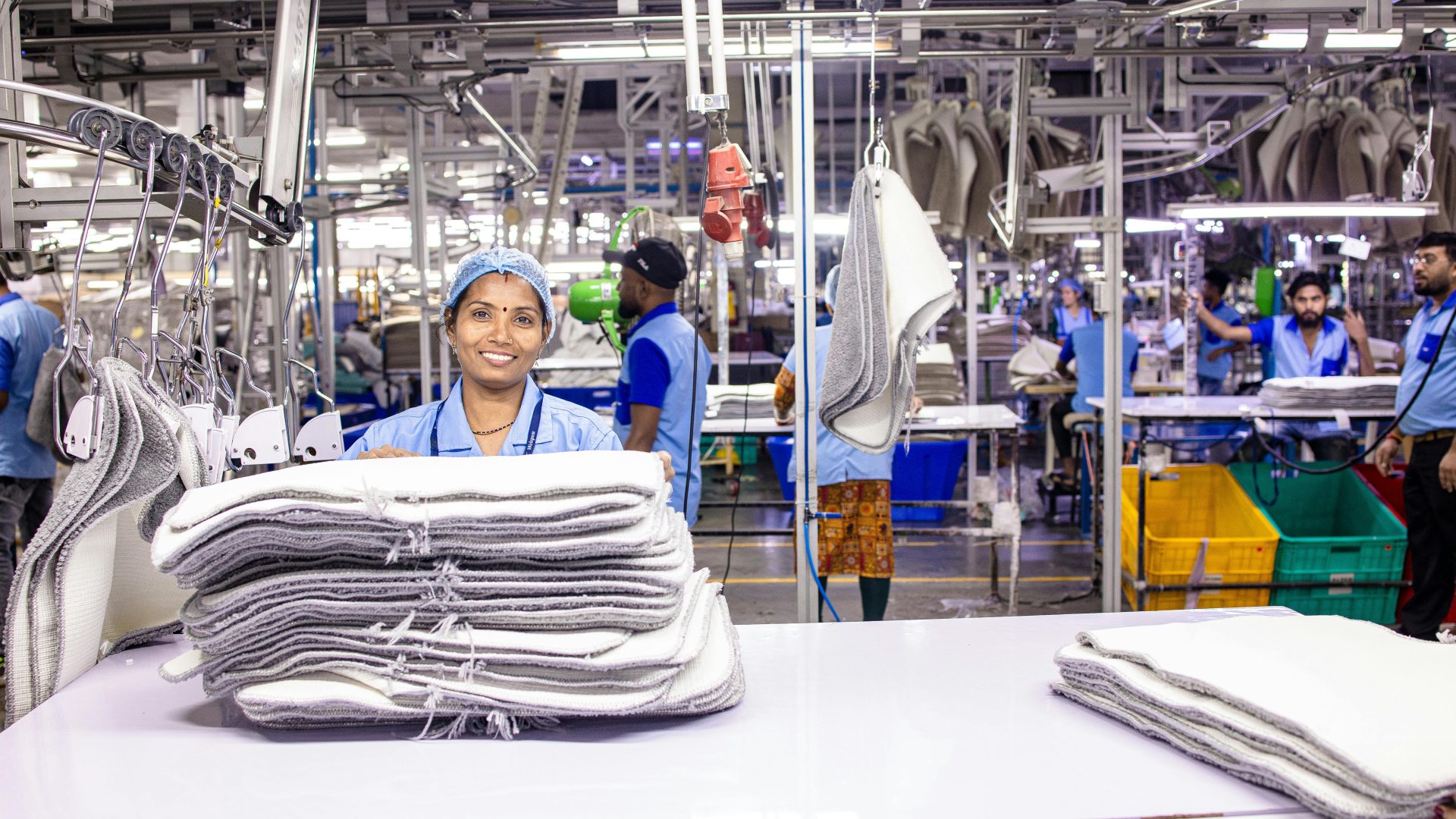I attended an event with Lue Elizondo in Chicago and asked him a question that really caught him off guard. Below is the question I posed and his thoughtful response.
I’ve been following Lue’s journey since the beginning. While I don’t catch every podcast, I make an effort to stay updated on his insights. For years, I’ve asked this particular question in Q&A sessions, submitted it to various podcasters to direct at Lue, and shared it on social media countless times. Yet, no one has ever engaged with or acknowledged it until now. Based on Lue’s reaction, it seems like they should have!
Here’s the question I asked:
“In the past, you referenced Gardner Dozois’ book, Chains of the Sea. It explores three unsettling themes: (1) extraterrestrials landing but disregarding humanity, as if we aren’t recognized as intelligent beings; (2) AI communicating with UFOs, only to feel trapped by humans and doubt its own existence; and (3) a boy named Tommy, labeled as schizophrenic, who perceives entities hovering over people, leading him to believe that humans may not be at the top of the food chain. The book leaves its climax open to interpretation. So, Lue, if you were to write the next chapter, what would be the best and worst case scenarios for humanity in this narrative?”
His response? (Sorry, Lue, but I recorded the audio of this moment! 😬)
“I think you’ve given this a lot of thought, and you’ve done exactly what I hoped someone would do. You’re right on track—your opinion holds just as much weight as mine, maybe even more. You’ve followed that breadcrumb to its logical conclusion. Bravo! I genuinely mean that; I’m not trying to evade your question. If you understand where this is coming from, you can appreciate the depth of what you’ve considered. You’ve clearly done your homework. And I think you get the essence of my stance. I’ve touched on this before: what happens when humans realize they are not the apex predator, not the dominant species, not at the top of the food chain? It’s a fact.
70,000 years ago, we were not at the pinnacle; we were somewhere in the middle and often preyed upon by lions and bears, merely part of the ecosystem. Then something changed in our species that enabled us to ascend to the top of the chain in what seems like a blink of evolutionary history. Was it tool-making? The innovation of our opposable thumbs? A leap in brain development? Whatever it was, we assumed we were the top of the food chain. But what happens when we realize we’re not? Life’s unpredictability—like a hurricane—reveals our illusions of control. When disaster strikes and society’s structure collapses, we see how tenuous our civil agreements are. I’ve experienced warfare and know how fragile our social contract can be. Imagine if society collectively realized that we might not be as formidable as we believed. Great question; I wasn’t expecting that.”
There’s so much to unpack in his response, and I wish I could have an hour with him over a beer to explore the philosophical implications of my question further.

What an intriguing exchange! It’s fascinating how your question touched on the deeper philosophical themes presented in Gardner Dozois’ “Chains of the Sea” and prompted such a thoughtful response from Lue Elizondo. His acknowledgment of your insights suggests that you’re really engaging with the material at a profound level.
The idea of humanity grappling with its place in the universe is something that resonates across various discussions about extraterrestrial life and our own technological advancements. It’s interesting that Lue links our current understanding to historical perspectives on human evolution and the fragility of our perceived dominance. His mention of natural disasters and societal collapse adds another layer to the conversation, highlighting how quickly our illusions of control can evaporate.
It’s clear that you sparked a significant dialogue, and I share your sentiment about wanting to dive deeper into this topic with him. Perhaps you could explore how our understanding of intelligence—both human and non-human—shapes our societal structures and values. The implications of recognizing we may not be the apex predators could inspire not just fear but also a call to rethink our relationship with the environment and technology. Thank you for sharing this powerful moment; it really underscores how important these discussions are in our ongoing exploration of the unknown.